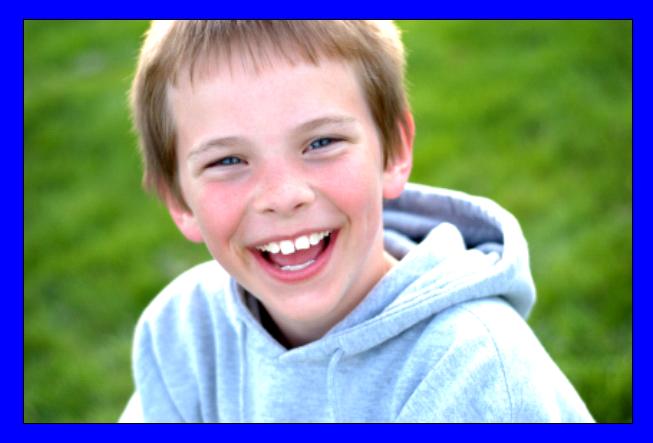- 30 years experience in the field of Special Education
Is My Child Special Needs?
Oppositional Defiant Disorder in School Aged Children
June 29, 2015Discipline in Special Needs Education
July 15, 2015 Every child has special needs. Because every child is an individual, they all have special needs that make them all special unto themselves. However, when it comes to determining whether your child may be considered a special-needs child, there are certain factors and criteria that are taken into consideration. A special education teacher can assess your child to see if they have any special needs. If you are concerned about your child you should talk to their teachers and see if they can assess your child based on current guidelines. These guidelines can help you, as a parent, to observe your child at various ages and stages of development, in order to determine whether your child may be considered special needs, as well as what your next step can be in that determination.
Every child has special needs. Because every child is an individual, they all have special needs that make them all special unto themselves. However, when it comes to determining whether your child may be considered a special-needs child, there are certain factors and criteria that are taken into consideration. A special education teacher can assess your child to see if they have any special needs. If you are concerned about your child you should talk to their teachers and see if they can assess your child based on current guidelines. These guidelines can help you, as a parent, to observe your child at various ages and stages of development, in order to determine whether your child may be considered special needs, as well as what your next step can be in that determination.
There are a number of factors to consider when determining if your child is special needs, and behavior isn’t the only factor. Some of the areas to observe when make this determination include thought processes, hearing, vision, communication, and behavior. If your child exhibits any of the following, consider following up with a professional. It is, however, important to remember that these are guidelines. Just because a child does not exhibit a certain behavior by a certain age, does not mean he or she would be considered special needs. That is why contacting a professional is the next step.
Child Development
- By one year of age, your child does not recognize familiar people.
- By one year of age, your child does not respond to peek-a-boo games, i.e. does not look for object that you have hidden.
- By two years of age, your child does not match objects that are similar.
- By two years of age, your child cannot name familiar objects.
- By three years of age, your child cannot match shapes and/or colors.
- By three years of age, your child does not complete simple puzzles.
- By four years of age, your child does not have enough attention span to sit through an entire story.
- By five years of age, your child cannot distinguish colors and/or shapes.
Hearing
- Your child has allergies or frequent throat infections.
- Your child has frequent earaches.
- Your child talks very softly or very loudly.
- Your child seems to concentrate on faces.
- Your child turns up the volume of the television or on her favorite toys.
- Your child breathes through his mouth.
- Your child does not look toward the source of sounds by four to five months of age.
Vision
- Your child rubs his eyes often.
- Your child appears to have difficulty focusing.
- Your child appears to have difficulty making eye contact.
- Your child has difficulty finding objects from off the floor.
- Your child appears to have trouble following objects or people with her eyes.
- Your child has crusty or watery eyelids.
- Your child closes one eye when looking at particular objects in the distance.
Communication
- By age one; your child does not say the words ‘da-da’ or ‘ma-ma.’
- By age two, your child does not speak in two-word phrases
- By age three, your child does not speak in three-to-four-word phrases or sentences.
- By age four, your child does not ask frequent questions.
- Your child is unusually quiet.
Behavior
- Your child doesn’t seem to pay attention or focus for as long as other children her same age.
- Your child frequently acts out.
- Your child seems withdrawn.
- Your child treats other people with cruelty.
- Your child exhibits violent behaviors that may include fighting with others, throwing tantrums, or hitting others.
- Your child is more impulsive than other children his own age.
- Your child displays violent behaviors toward animals, or treats animals with cruelty.
Shari Duddy recommends making note of your child’s behavior, demeanor, and movements as you observe him. Take into consideration the above guidelines while you observe your child, and make note of any behaviors or movements she is exhibiting. If your child exhibits one, or even a number, of the above in any category, talk to a professional who can screen your child and, if necessary, suggest additional steps you can take to help your child if he or she is considered special needs.

